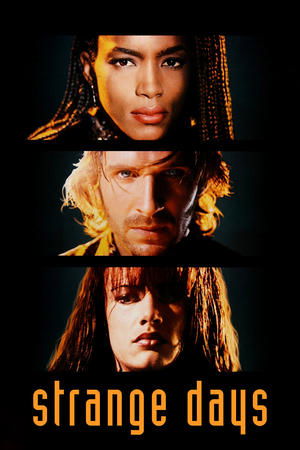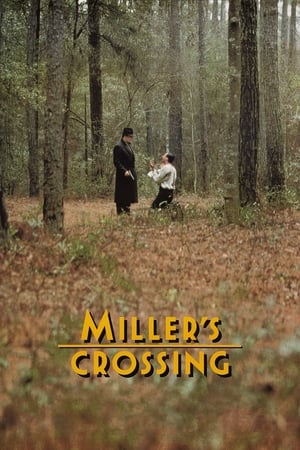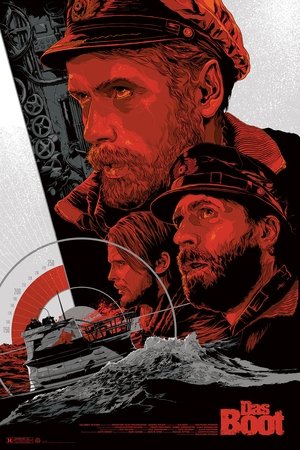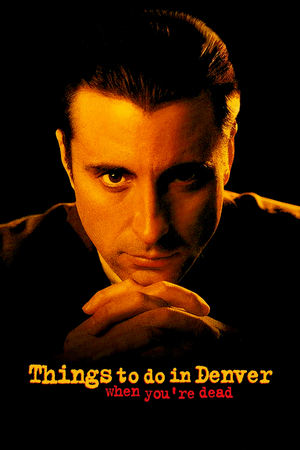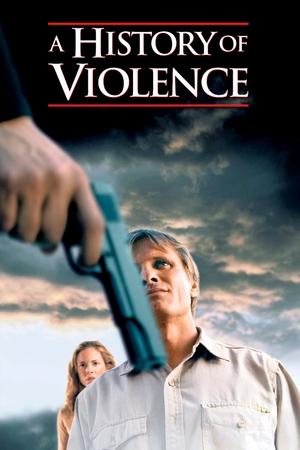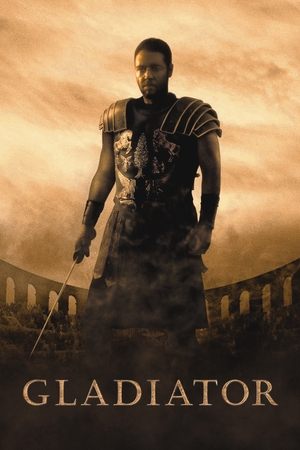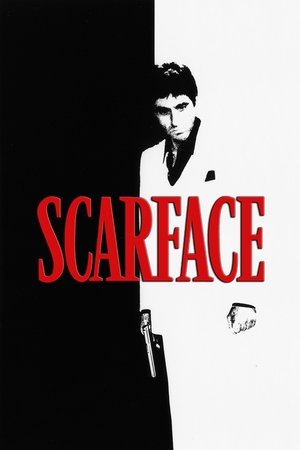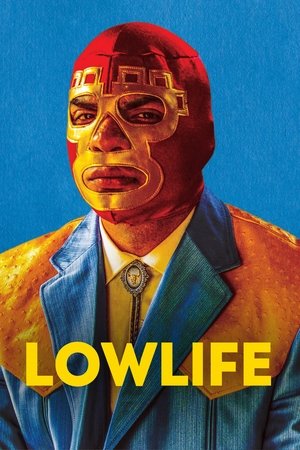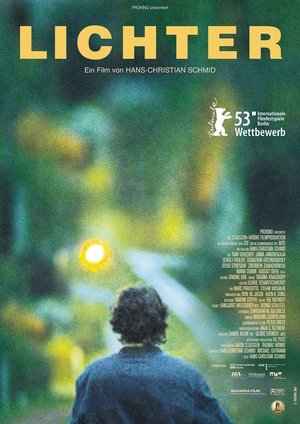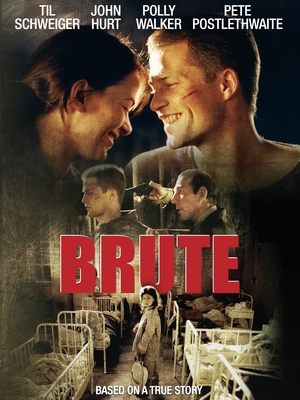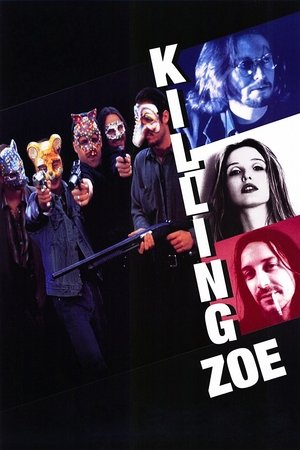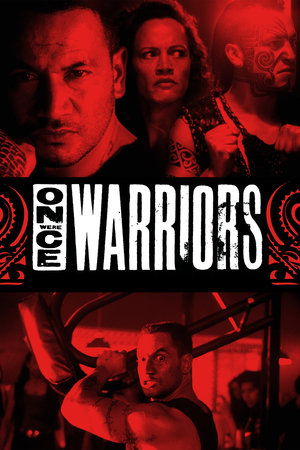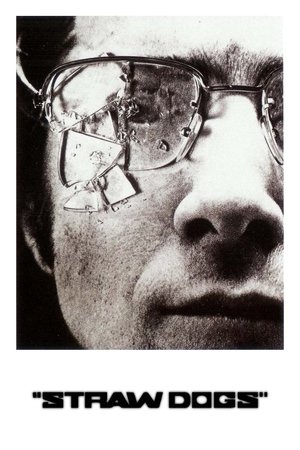Overview
An alcoholic falls in love with and gets married to a young woman, whom he systematically addicts to booze so they can share his "passion" together.
Reviews
It's as true to life as a vodka martini.
The above quote is from director Blake Edwards, it's taken from the highly recommended commentary track he provides on the DVD for this excellent and compelling piece of work.
Joe is a social drinker but he's social all the time, during one of his arranged parties for a client he meets and falls in love with teetotal Kirsten. They get married and changes start to dominate their marital bliss, he is stressed from work and drinks daily to forget the rigours of the job, she being the loving wife chooses to drink with him to help ease his pain, but soon the joyous days of wine & roses will turn to something dark and terribly turbulent, and this will threaten their own respective sanity.
The film begins with Henry Mancini's academy award winning title theme tune, it's a truly beautiful piece of music that perfectly sets the tone of the film for its first third, it lulls you into this couples love, the bond they share is a truly wonderful thing, it really is all sweetness and light, but then the bottle becomes part of this couples life, they become a threesome from which only dark horrors will form. Containing emotionally shattering scenes that once viewed can not be forgotten (witness Joe's soul destroying search for liquor in a greenhouse), Days Of Wine & Roses still manages not to force feed the viewer a moralistic stance, it lays down the facts of alcoholism and the perils of co-dependency with honest appraisal, we as the viewers are left in no doubt that it is us, and us only, that can make of it as we see fit, the ending especially is a particular poser of which we ourselves seek clarity.
Wonderfully written by the talented hands of J.P. Miller, Days Of Wine And Roses boasts marvellous direction from Blake Edwards and two academy award nominated performances from Jack Lemmon & Lee Remick, it's a testament to all involved that come the finale the viewer feels drained, yet strangely...not at all thirsty for the amber nectar.
This is an intriguing, heavy drama about the downward spiral into alcoholism, and how it irrevocably tore apart the lives of one man and his wife. I have some respect for Blake Edwards, having seen this, as I previously had a low opinion of him after seeing The Pink Panther, which to this day I do not understand why it was so successful. But I'm not reviewing The Pink Panther, so I'll lay off it for now. In Days of Wine and Roses, Jack Lemmon really is brilliant, and Lee Remick is disturbingly realistic. The film is right up there with The Lost Weekend (1945), and the story carries an important moral lesson, which it delivers with a punch.
Would I recommend? Yes. But to the mature viewer, who can really understand and appreciate it.
What a departure for Jack Lemmon this is! Together with the also Oscar nominated Lee Remick, they offer us a really gripping performance. She ("Kirsten") is a tea-total secretary who is introduced to one of the PR guys "Joe" at a boat party. After a bit of a sticky start, she starts to warm to him and they begin to date. He is never far from a bottle; "hit me again" being his most oft used expression and gradually, even after the arrival of a child to this now married couple, he begins to wean her onto the sauce. Despite the best efforts of her father (Charles Bickford) they quickly spiral into a cycle of drunkenness that costs them their jobs, imperils their daughter and as an example of how badly, and completely, alcoholism can come to dominate their lives, this has to be amongst the most potent depiction on film. Jack Klugman ("Hungerford") tries to offer some route to salvation via AA, and we are offered a few less cerebral drying out methods - all of which offer Lemmon a chance to really show what he is made of an an actor. Some of it still quite distressing to watch (especially if you happen to have a drink in your hand at the time). Messrs. Mancini and Mercer came up with the title song, which perhaps features just once too often; but for the most part this really is captivating cinema with both and director Blake Edwards (usually known for much lighter works) on top form.

 117 min
117 min
 7.493
7.493
 1963
1963
 USA
USA
 John Chard wrote:
John Chard wrote:
